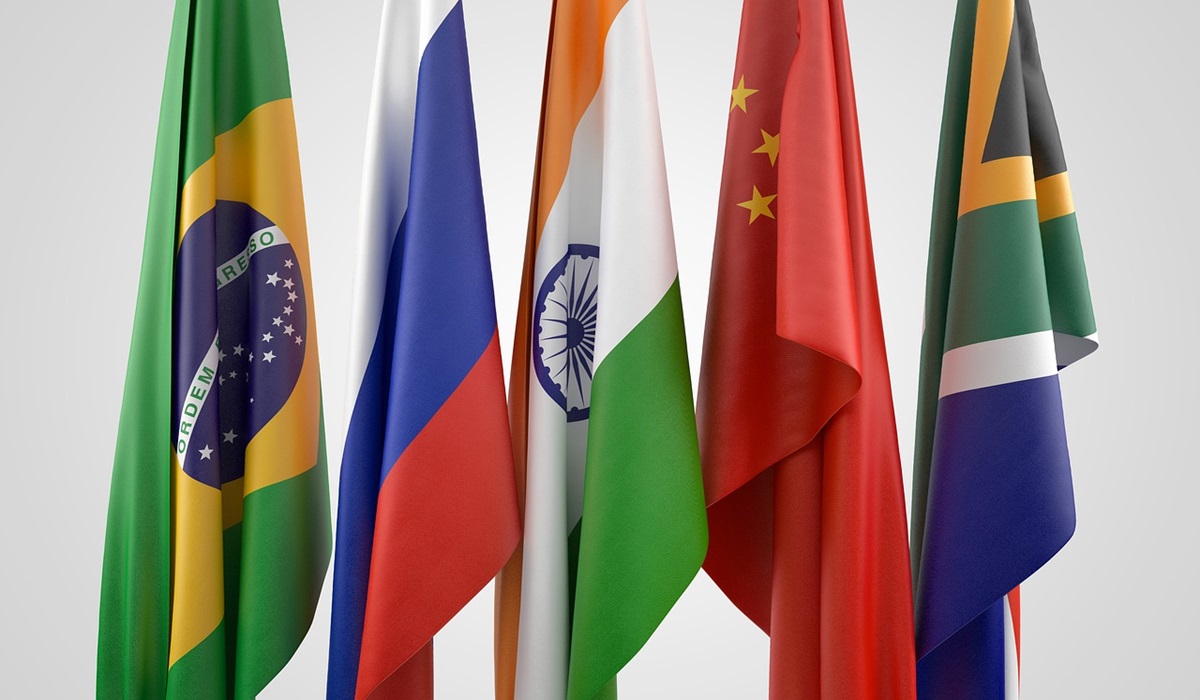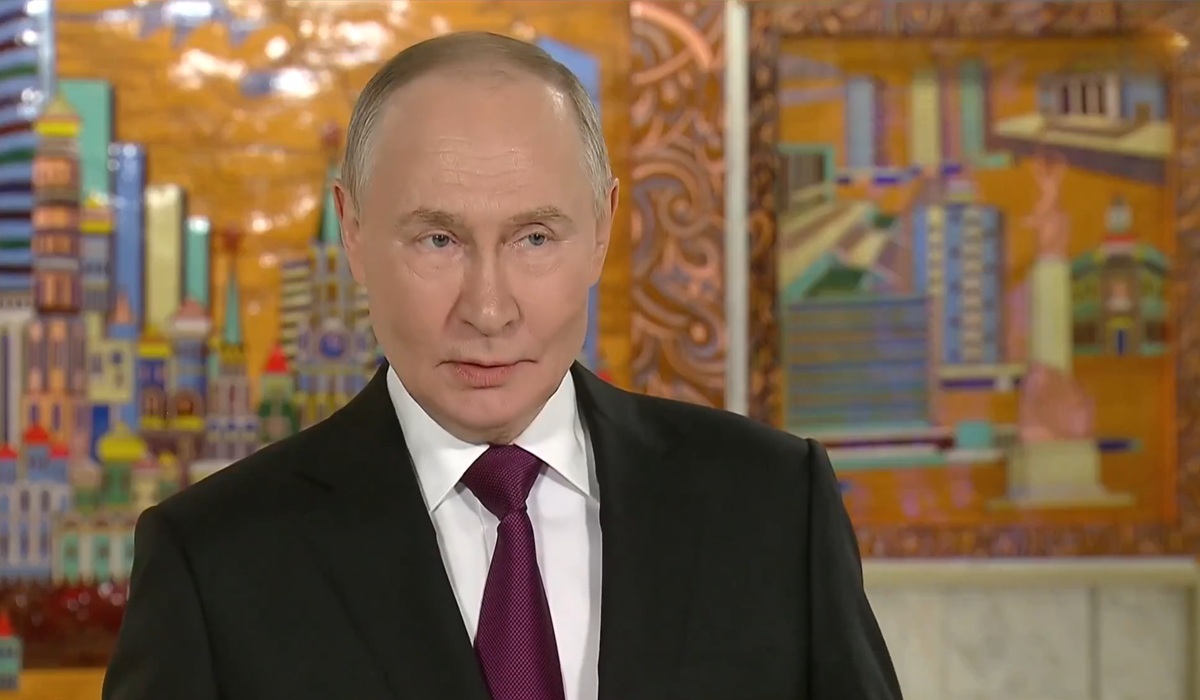Trump Tariffs Backfire: Global Push Toward BRICS Undermines U.S. Trade Position
- Ingrid Jones
- U.S.A
- April 5, 2025

Image Credit, Limassol/Cyprus
Donald Trump’s tariff tantrums may have sparked a geopolitical consequence few in Washington foresaw—driving more countries toward the Brazil, Russia, India, China and South Africa +(BRICS) alliance. The U.S. President’s bombastic threats to cut off any nation that considers closer ties with BRICS, combined with his signature move of slapping unilateral tariffs on virtually every trading partner, may have backfired spectacularly.
Rather than isolating China and its allies, Trump’s aggressive trade war pushed on-the-fence nations into the arms of BRICS—a bloc that now increasingly presents itself as a legitimate alternative to the U.S.-dominated economic order. His “with us or against us” approach has done more than sour diplomatic relations; it’s confirming to the rest of the world exactly what BRICS advocates have been saying all along: the global economy needs to de-dollarize, diversify, and decouple from American influence to survive.
What we’re witnessing now is a quiet yet unmistakable shift. Canada, once a loyal U.S. partner, is exploring deeper trade ties outside the American sphere. China, long the target of U.S. tariffs, is bypassing American markets and sourcing key commodities like wheat, corn, oil, LNG, and even advanced technology inputs from its BRICS partners. India, Brazil, and South Africa are similarly ramping up bilateral trade among each other in local currencies, eliminating the cost and vulnerability of dollar dependency.
Trump may trumpet his policies as a win for America, but the numbers tell a different story. Tariffs don’t just hurt foreign exporters—they strangle domestic industries that rely on stable exports and global demand. U.S. farmers are growing soybeans and grains that now rot in silos, unable to find international buyers who have shifted their supply chains elsewhere. And in tech? The Biden administration’s continuation of Trump-style sanctions on Chinese firms has triggered a retaliatory Chinese policy of building up its domestic chipmaking industry. The consequence? American semiconductor giants, from Nvidia to Intel, are reporting weakened demand and billions in lost exports.
This is not a distant threat—it’s already happening. Tens of thousands of layoffs have hit U.S. manufacturing and tech sectors. Companies that once banked on global markets are scaling back. Foreign investors, already uneasy, are looking elsewhere. The dollar’s dominance isn’t disappearing overnight, but its grip is visibly loosening.
The most troubling aspect? Trump is financially insulated from the chaos. He doesn’t care that American small businesses are suffering. He doesn’t feel the sting when farmers lose their largest buyers. He’s not sitting in boardrooms where future investments are being slashed or jobs are being outsourced because the U.S. can no longer be counted on as a stable partner.
It’s easy to say that tariffs protect American workers. It’s much harder to explain to those same workers why, after years of “America First,” their jobs are still vanishing, their wages are stagnant, and their products are too expensive for global markets. Even if a few manufacturing jobs return, who in America will be able to afford the end product when it costs twice as much?
Trump didn’t just start a trade war—he started an exodus. And with BRICS swelling in strength, the U.S. may find itself increasingly alone, not by accident, but by design. The question isn’t whether America can still lead, but whether anyone still wants to follow.








